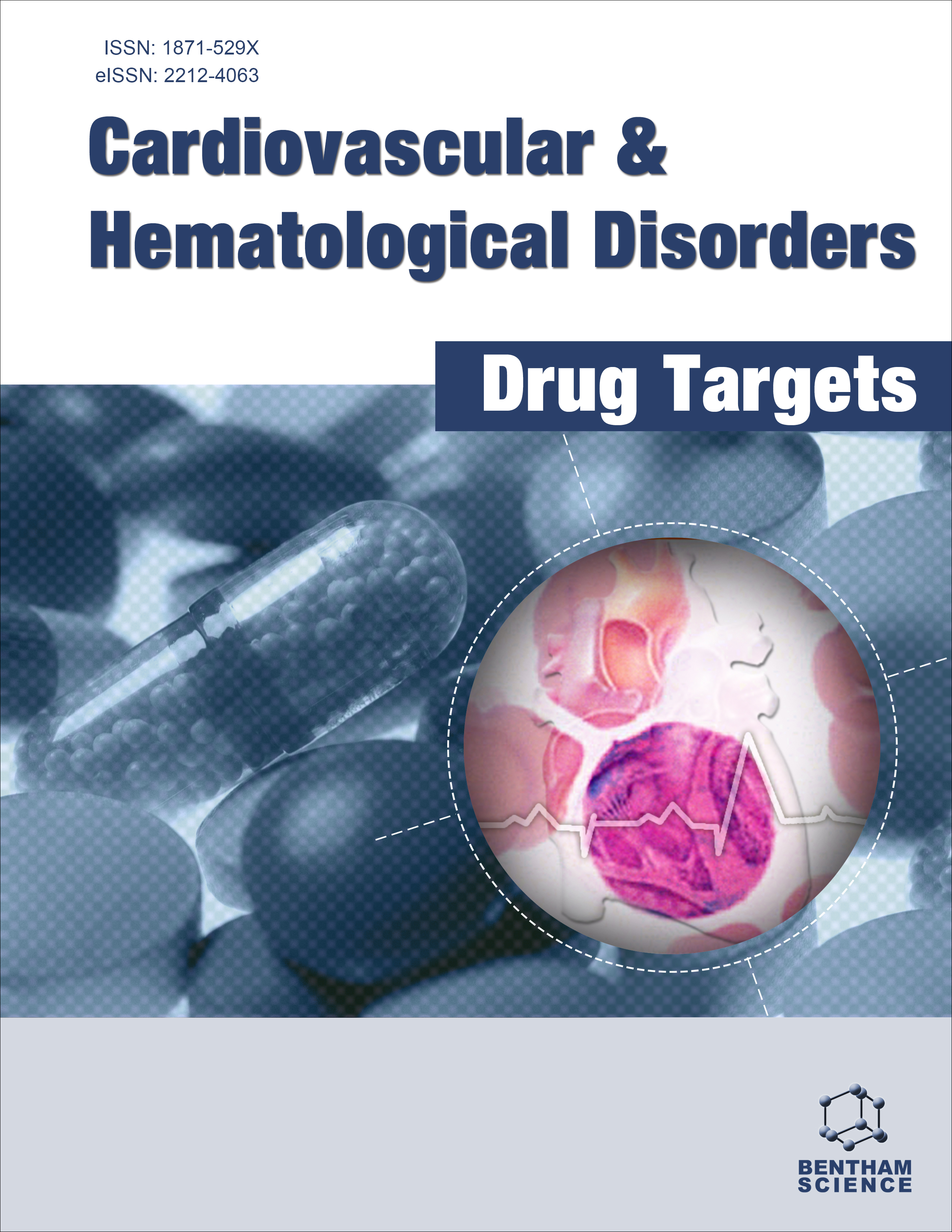-
oa Rho-Signaling Pathways in Chronic Myelogenous Leukemia
- Source: Cardiovascular & Haematological Disorders - Drug Targets, Volume 8, Issue 4, Dec 2008, p. 261 - 267
-
- 01 Dec 2008
Abstract
Chronic myelogenous leukemia (CML) is a hematological malignancy that is characteristic by as expansion of myeloid cells and their premature release into the circulation. The molecular cause of CML is the fusion oncoprotein Bcr- Abl whose constitutive tyrosine-kinase (TK) activity maintains enhanced signaling through multiple signal transduction pathways and confers proliferative and survival advantage to CML cells. These effects can be largely suppressed by TK inhibitor Imatinib mesylate, currently the leading drug in CML treatment. However, Bcr-Abl contains also additional functional domains, in particular a DBL homology (DH) domain with guanine-exchange function (GEF) which can activate small GTPases of Rho family and a Src-homology3 (SH3) domain which recruits other proteins with GEF activity. Bcr-Abl affects among others the RhoA/ROCK/LIM/cofilin pathway that regulates the actin cytoskeleton assembly and thereby the cellular adhesion and migration. This review deals in detail with the known points of interference between Bcr-Abl and Rho kinase pathways and with the effects of Imatinib mesylate on Rho signaling and cell adhesion to the extracellular matrix (ECM) components. The potential protein targets related to Bcr-Abl non-kinase activity are discussed.


